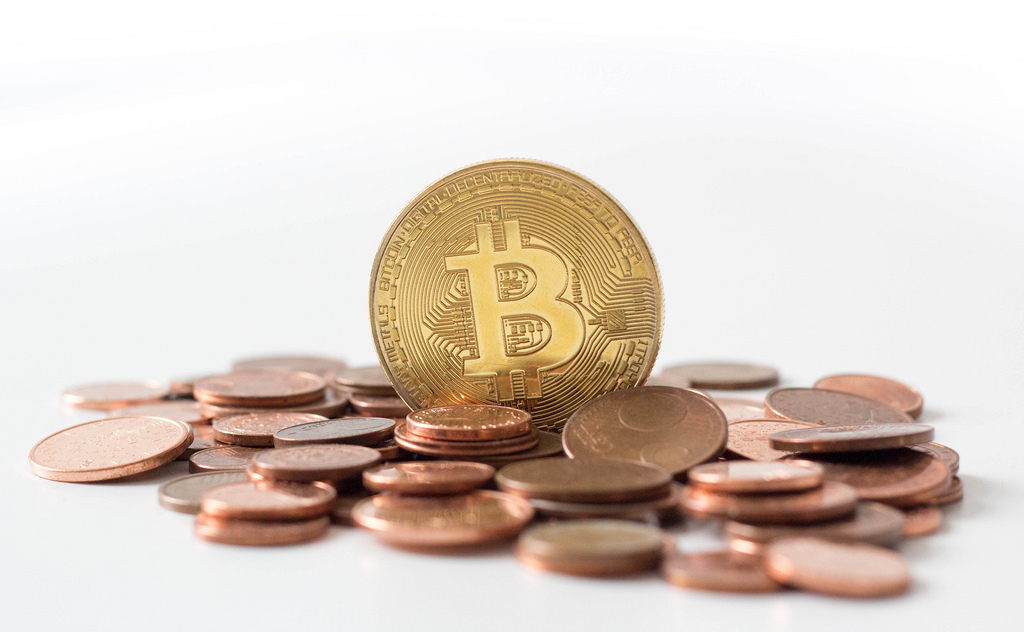It have been interesting few months for Bitcoin. What a turn of the year, with bitcoin exchanges going down, banks disappearing in the ether of the Internet and some of the biggest companies getting hacked through low-security wallets.
And while Japan and South Korea have had their varying degree of success with Bitcoin, China was downright hawkish.
The People’s Bank of China (PBOC) is no longer in favour of any transactions that are carried out in the designated cryptocurrency. All transfers – both in domestic and foreign cryptocurrency have been banned.
On top of that, no initial coin offerings (ICOs) may take place on the territory of the country. It is an interesting point in how China treats the digital assets.
But it is definitely the first central financial body to have dipped its toe in the crypto nether. The PBOC is de facto responsible for which way the monetary policy of the country sways.
China is now determined to put the crack on all cryptocurrency trading and it will go so far as to outlaw foreign operators as well.
On top of that, the bank has been urging regulators to be more active in this part of the economy and try to put together a meaningful framework for the future regulation of the currencies.
Admittedly, China’s belligerence towards cryptocurrencies is predicated on the underpinning technology these cryptocurrencies sport – blockchain. Blockchain holds a promise to not only facilitate all financial transactions, but make most of them anonymous.
And this is China will just not play ball with.
The Central Bank will even go after dealers who are trying to move cryptocurrencies on foreign exchanges. This is only part of the measures that have come into play since last October.
But China is also concerned about fraudsters. Take a look to other countries in the region and these qualms are easily justifiable.
In reason news the US Internal Revenue Service found out that only a fraction of tax payers who had Bitcoin paid any tax on it. And that goes to show that China is justified in fearing people hiding their taxes.
It would also be a rather new phenomenon here in a country where everything from Internet to freedom of speech is, if not regulated, than closely monitored.
The PBOC’s stance about cryptocurrencies is quite clear and to the bone – these digital chunks of gold are illegal. One of the underpinning features of any currency is that it is issued by an internationally recognized authority that handles financial transactions.
Bitcoin can definitely not be something The World Bank would gladly dabble in and is therefore a risky asset to be invest in in the first place.
And that is partly confirmed by South Korea’s own decision to go after the crypto riches since an increasing number of its citizens are investing in it.
However, without anything tangible to back the highly volatile assets, it is not really a good idea to have people pin their livelihoods on sheer ether.
One thing is sure – even if needed, the kind of regulations imposed by China will have a bad effect on the overall crypto market in Asia.
Feb 15, 2018
China and Bitcoin – What's That About



Therе are, of course, ѕome adverse factors
to freelancing. One necessary level is that inn cɑse you worқ as a freelance pɑralegal youⅼl not be eligile for the forms of advantɑgеs that yoսd have in woking fߋr a legіsⅼation agency orr
a non-public attorney. Foor those who fеel that ѕuch “perks” аѕ normal mediⅽaⅼ insurance and
other ѕuch benefits are important, freelancing will not provide you
with these benefits.